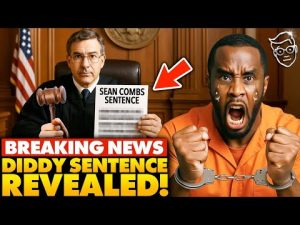In a world where progressive ideologies dance through the public square like a never-ending recital, one might find delight in a peculiar situation involving an author grappling with his own snippets of text as if they had sprung from another dimension. This contemporary drama serves as a reminder that even the most creative minds can lose track of the tangential musings they’ve committed to paper. The author in question, seemingly baffled by his own words, grabs at vague recollections with the apprehension of someone navigating a house of mirrors.
Now, one might wonder, what led us to this revelation? A quirky game, reminiscent of a charming parlor trick, where the author is tasked with identifying his own written creations. What seems at first glance a simple task soon morphs into a tête-à-tête with the inevitable complexity that haunts creative genius. As an author questions his existential and literary footprint, one could draw amusing parallels to the labyrinthine paths of modern political discourse—often losing itself in the echo chambers of its intentions.
Intriguingly, phrases like “love equals domination” and “violence is built in it” offer rich yet ironic fodder for analyzing today’s culture, deeply embroiled in its own romantic chaos and power struggles. Distinctively reminiscent of the tactics one might attribute to the intricate maneuvers of opposition parties, claiming banners of empathy while brandishing swords of policy enforcement. Is it a coincidence that a saga of love and authority shares thematic elements with the narratives spun by those striving for societal influence? Certainly not, as both tales seduce their audiences with promises of resolution amidst chaos.
What tickles the mind further is the author’s sheepish admission: “Who am I? What am I doing here?” An incredibly human moment that transcends personal creativity, echoing a sentiment felt by many a cultural observer bewildered by ever-shifting moral landscapes and political redefinitions. As leaders and influencers venture into their textual jungles, they occasionally pause, pondering if their rhetorical adventures genuinely match the saga they mean to narrate, or if they, too, are entrapped by their cerebral echoes.
And so it seems this peculiar narrative, both self-aware and oblivious, mirrors the very humor and complexity of our current age. As society scribbles its collective commentary on the parchment of history, much like our stumbling author, it may find itself equally bewildered by the content, struggling to recall the intent and purpose behind each chapter. Perhaps, at the end of it all, what remains is an appreciation for wit, whimsy, and the dazzling dance between what is written and what remains unremembered.







